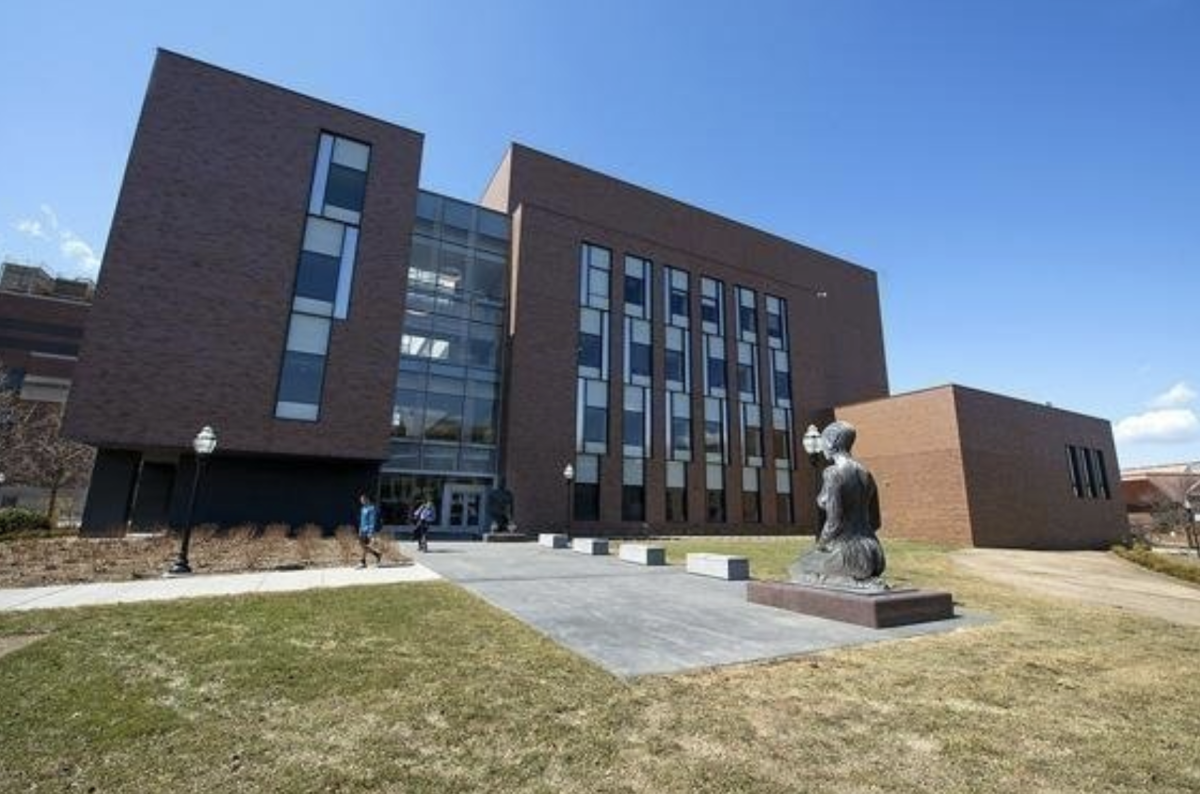TLI, Semiconductor Manufacturing Consortium Celebrate $120 million CHIPS Grant for Minnesota

The University of Minnesota’s Technological Leadership Institute (TLI) along with its partners Polar Semiconductor and the Minnesota Semiconductor Manufacturing Consortium (MSMC), is celebrating a $120 million grant awarded by the Biden administration under the 2022 CHIPS and Science Act to expand semiconductor manufacturing in the state. This award coincides with the completion of a comprehensive semiconductor manufacturing workforce development program designed to support the industry’s regional growth.
“This is a huge win for Minnesota’s economy and for the nation’s semiconductor supply,” said Allison Hubel, director of TLI. “We’re proud to be helping to create one of the premiere semiconductor foundries in the world right here in Minnesota.”
The grant is part of the national CHIPS and Science Act, designed to expand domestic manufacturing of electronic components critical to the nation’s infrastructure.
“When President Biden signed the CHIPS and Science Act, he put a stake in the ground about the importance of semiconductor manufacturing in the United States,” said Assistant to the President for Science and Technology and Director of the White House Office of Science and Technology Policy Arati Prabhakar. “This proposed federal investment will catalyze $525 million from private companies and the state of Minnesota to create a healthy supply of made-in-Minnesota semiconductors that are essential to producing cars, electrical grids, defense systems, and more.”
The grant will allow Bloomington-based Polar Semiconductor to expand its manufacturing operations, ensuring not only that the nation’s semiconductor supply will be made in the US, but in Minnesota as well. That expansion, helped along by a $75 million grant from the state of Minnesota, is estimated to cost over $500 million.
To ensure Minnesota’s workforce is ready for this increase in investment, Polar helped launch the recently-formed Minnesota Semiconductor Manufacturing Consortium. This consortium includes Honeywell, Raytheon Technologies's Collins Aerospace, TLI and the Minnesota Nano Center. The first cohort of students recently completed an intensive asynchronous microfabrication curriculum, augmented by hands-on lab sessions. New corporate members are currently being recruited as the consortium readies plans for cohort #2.
“We had been approached by Polar Semiconductor with an idea for a training program a little bit unlike what we’ve done before," said James Marti of the Nano Center. "They had an incumbent workforce that they wanted to cross-train and develop in the semiconductor field, and they knew we had the expertise on campus to help with what they needed.”
That program, Marti said, currently consists of 11 asynchronous online courses and four lab sessions intended to give students a comprehensive overview of how integrated circuits, and things built from them, are made.
It’s a process known collectively as lithography, which allows companies to make integrated circuits, microelectromechanical machine systems (MEMs), solid-state sensors, and more – a manufacturing category known as microfabrication. All of these devices are built on a substrate that consists of a pure silicon wafer, and call for a common set of manufacturing protocols.
According to Marti, the course allows companies to bring their employees up to speed, regardless of what their previous level of knowledge might be. “We take students through an introduction of this whole world of integrated circuits or MEMs, and then go into the details of the unit operations with the idea that people coming from some of these companies may be very familiar with one or two steps, but might not have a comprehensive view of the whole process.”
"Workforce training programs help Minnesota workers develop new skills, while also helping employers build employee engagement and ensure workers have necessary skills for personal and organizational success," said DEED Commissioner Matt Varilek. "Minnesota's higher education institutions are excellent training program partners with proven track records in delivering effective, customized training programs for Minnesota businesses."
“The consortium is relatively new, but it’s already helping to support Minnesota as a hub for semiconductor manufacturing,” said Travis Thul, Director of Operations for TLI. “We’re looking forward to providing a world-class workforce to match the economic investments already made by our private- and public-sector partners. Through these investments in industry and education, we can ensure Minnesota will continue to be a national technology leader.”